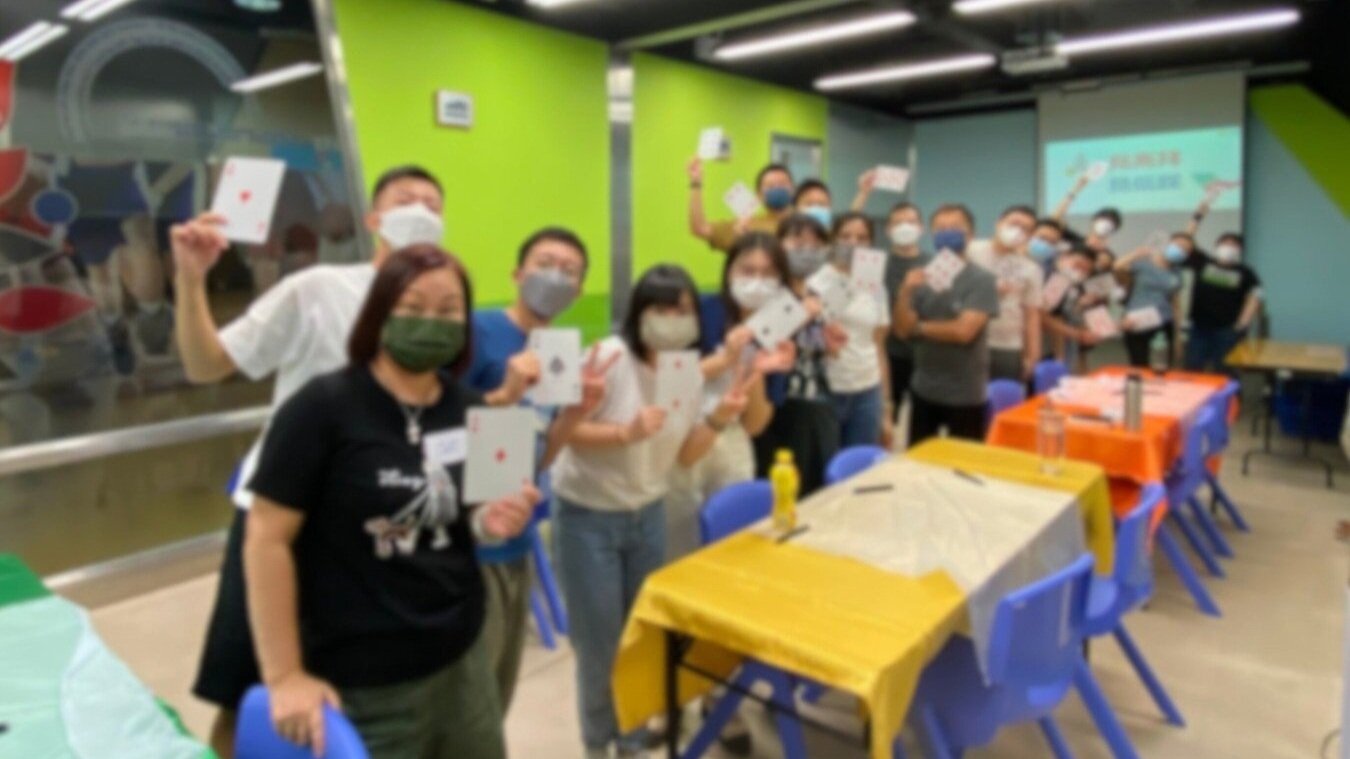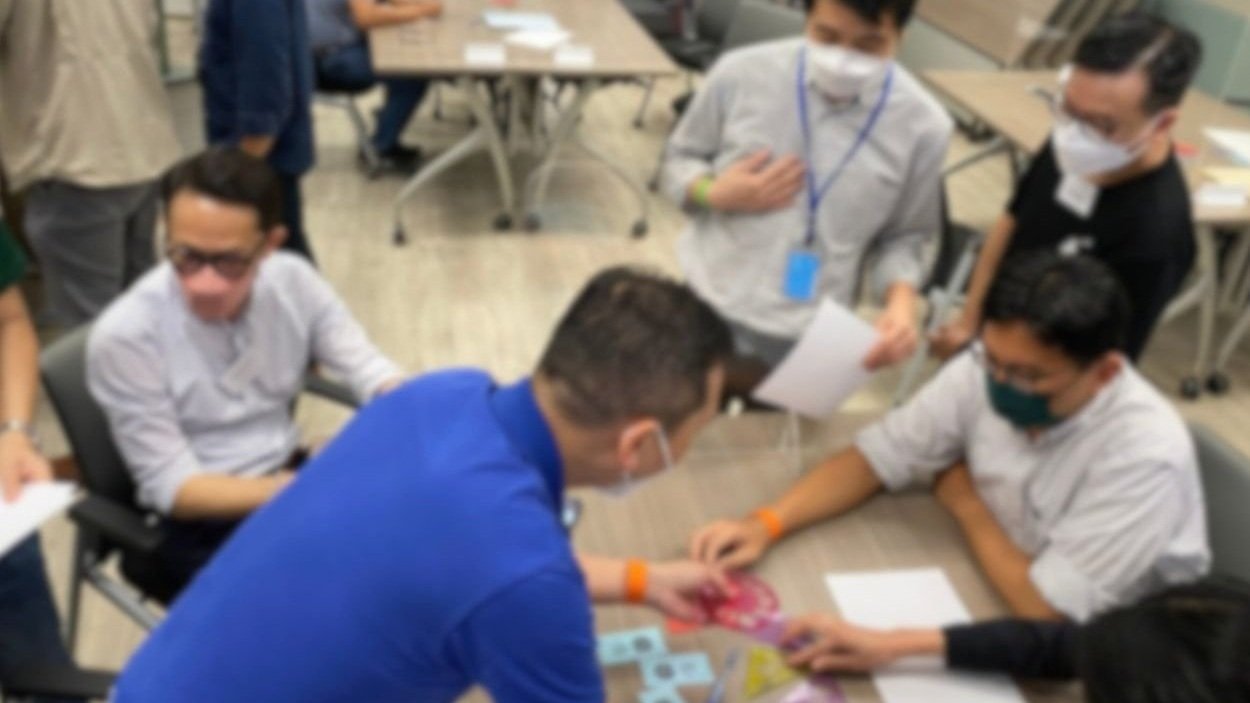Serious Business, Playful Approach: Optimizing Corporate Training with Joy
From the moment infants enter the world, our learning journey intertwines with play. Studies show that play not only shapes brain development in children but also has a positive impact on individuals of all ages. While some may question the inclusion of play in adult learning, play remains an engaging and enjoyable method to acquire knowledge, fostering stronger relationships along the way. In this article, we will explore the advantages and drawbacks of integrating play into corporate training, illustrating how play can boost engagement, ignite creativity, and strengthen bonds among team members.
Benefits of Integrating Play into Corporate Training
Through team-building activities designed with Six Bricks, colleagues enhance communication and cooperation
Engagement and Motivation: Incorporating play or game elements into learning not only makes the process enjoyable, but also sparks inspiration and creativity.
Experiential Learning: Hands-on playing experiences deepen adults' understanding of concepts and enhance their ability to apply new knowledge in real work scenarios.
Collaboration and Socialization: Game-based training encourages teamwork and idea exchange, promoting mutual learning and understanding among participants.
Stress Relief: Games and activities act as stress relievers, helping participants reduce anxiety, shift perspectives, and facilitate more effective learning.
Adaptability: Well-crafted games and activities can be tailored to diverse learning styles, subjects, and team dynamics, serving as versatile tools for corporate training.
Example: HumanBond's NFT Game
Colleagues actively engaged in discussing winning strategies with team members
Our signature NFT game is beloved by businesses and participants alike. The NFT simulates dynamic business market scenarios, where participants collaborate to produce various items, sell them, and earn the most money. Throughout the process, the market constantly changes. Therefore, the real challenge for participants lies in gathering intelligence, analyzing the situation, discussing strategies, and making timely decisions to succeed in the game. The game is fast-paced, strategic, and engaging, making it easy for participants to immerse themselves and get deeply involved. After the game, participants reflect on the team relationships, cooperation, mentality, and other issues they have experienced, and explore how to apply them to work.
Example: HumanBond's Latest AR x GPS Escape Room +
Participants work together to research and discuss how to solve puzzles, creating team experiences and lessons
Another warmly welcomed example is our latest release, AR x GPS Escape Room +. This game combines advanced augmented reality (AR) and GPS positioning technologies, offering an excellent team-building opportunity for participants of different age groups. Participants need to work together, solve puzzles, and complete missions, enhancing mutual understanding and appreciation while promoting intergenerational communication. Through various decision-making processes and time management challenges, team members can learn and improve problem-solving skills through interaction. Such experiences help build stronger team relationships and allow participants to gain valuable learning in a relaxed and enjoyable atmosphere.
Drawbacks of Play Integration in Corporate Training
Traditional lecture-style training
Perceived Lack of Seriousness: Some adults believe that learning based on play or games is not serious enough and does not meet their learning needs.
Time Investment: Designing game-based training requires more time compared to traditional methods. Additionally, such training often involves more interaction and discussions, leading to longer workshop durations than traditional training.
Situational Relevance: Games and activities must closely align with adult learners' objectives and need to be most effective.
Facilitation Skills: Effectively conveying training objectives through games involves activity flow design and on-the-spot facilitation skills. Therefore, experienced facilitators are needed to design workshop processes and lead the sessions.
Logistical Challenges: Game-based training may require specific materials, spaces, or equipment, presenting logistical hurdles in certain situations.
Incorporating play into corporate training is a smart move that enhances engagement, unlocks individual potential, and fosters collaboration, creating enriching learning experiences and effective knowledge transfer. Now is the time to harness the power of play to drive employee growth, nurture relationships, and enhance job satisfaction. Contact us today to embark on this transformative learning experience!






















